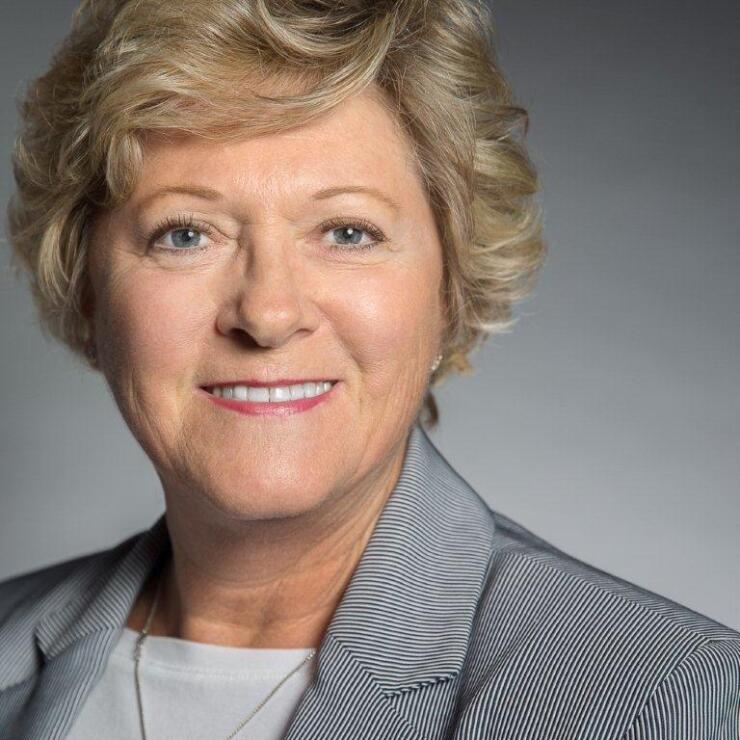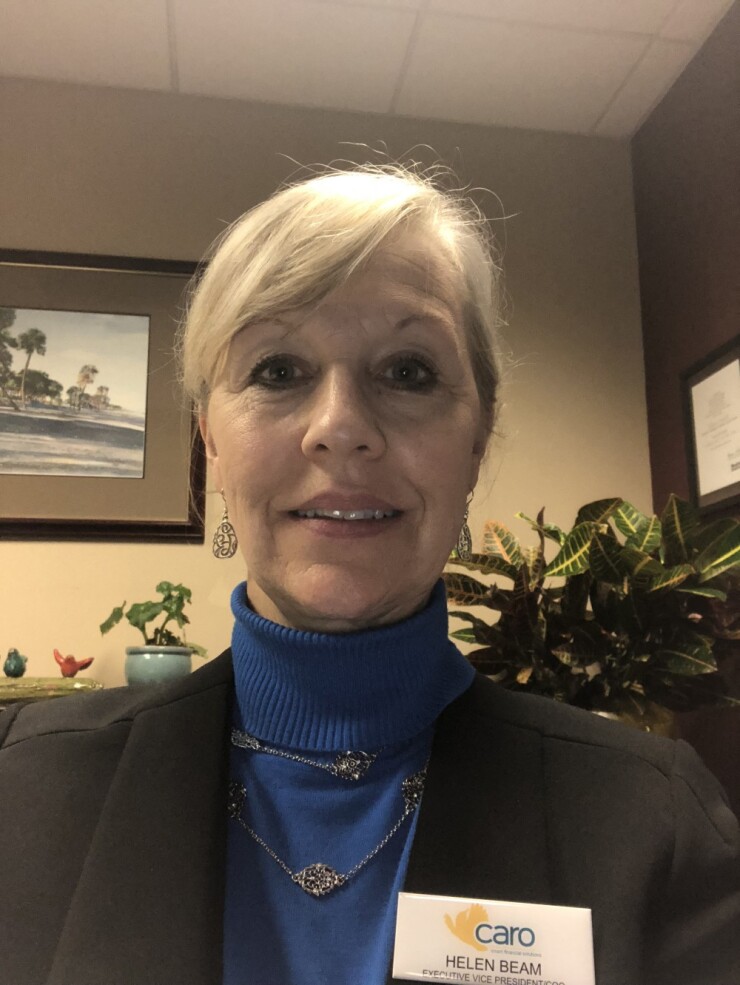Credit unions love when big banks get caught behaving badly, and a group of credit unions is working to make the most of the latest missteps at two megabanks
In one case, four credit unions are appealing directly to Wells Fargo customers.
In a program created by Your Marketing Company, a credit union-focused marketing firm based in Greenville, S.C., in collaboration with several credit unions, customers of Wells Fargo were offered $100 incentives after a technical glitch recently drained the accounts of some of the bank’s customers. In addition, some of the credit unions even offered to pay off related nonsufficient funds fees by the bank (since the bank’s error triggered overdraft fees on many of the checking accounts that were impacted by the glitch).

Bo McDonald, president of Your Marketing Co., commented that Wells Fargo’s reaction to the glitch – a brief tweet announcing they were “researching” the problem – was less than awe-inspiring.
“That doesn’t exactly evoke confidence,” said McDonald. “Our credit unions are much better than that. In the people-helping-people world of credit unions, we want Wells Fargo customers to know that there is a better banking experience.”
Emily Morton, CEO of the $35 million Fresno Fire Department Credit Union of Fresno, Calif., one of the participating credit unions, said it’s still too early to tell how successful this marketing campaign will be. “While our incentive was a short-term offer, we expect to see more Wells Fargo customers give us a shot in the coming weeks, particularly as more news [about banking scandals] comes out,” she said.

Morton noted that Fresno Fire Department CU is the only California-based credit union to conduct this Wells Fargo campaign (Wells Fargo is based in San Francisco and has about 1,000 branches in the Golden State). This is also the first such campaign that Fresno Fire Department FCU has done, she noted.
“It’s about putting these banking scandals behind them and moving forward with a credit union they can trust,” Morton added.
Morton also said there have been a number of studies suggesting that while many people are unhappy with banks, there exists a “misconception that it is too cumbersome to make the switch” from banks to credit unions.
Bank Of America: No More Mister Nice Guy
Your Marketing Co. has also coordinated a marketing campaign against Bank of America, which recently ended free customer checking accounts.
The new $12 fee charged by Bank of America is designed for those account-holders who do not have a monthly deposit of at least $250 or maintain a minimum daily balance of at least $1,500.
In response, a number of credit unions across the country have seized the opportunity to reassure the public that there is a “better banking alternative” and by asking Bank of America customers what they could buy for $144 (or the equivalent of 12 months of $12 fees). Indeed, some of these credit unions are offering customers up to $144 to make the switch from the bank.
Your Marketing Co. said this particular campaign is only being run on social media, including Facebook and Instagram videos which educate consumers on how much the new Bank of America fee structure will cost them in the long run.
Credit unions participating in this campaign include Caro Federal Credit Union (based in Columbia, S.C.; $89 million in assets); First Financial Federal Credit Union (Freehold, N.J., $189 million); Power Financial Credit Union (Pembroke Pine, Fla., $645 million); Stamford Federal Credit Union (Stamford, Conn., $59 million); Upward Credit Union (Burlingame, Calif., $74 million); Welcome Federal Credit Union (Morrisville, N.C., $87 million); and Spartan Federal Credit Union (Spartanburg, S.C., $16 million).

“People should never settle for poor business practices – especially when those decisions help line the pockets of corporate shareholders at the expense of those who can least afford it,” McDonald said. “Our clients are not-for-profit member-owned cooperatives that provide the same checking products as the big banks, but without the fees.”
Stacey Mills, chief operating officer at Welcome FCU, said he will gauge the response to this campaign from the public before ascertaining its efficacy.
Welcome FCU is based in Morrisville, N.C., not far from BofA's corporate headquarters in Charlotte.
“We had a merger late last year and in addition we were approved for an underserved area charter,” Mills said. “That same year we requested and received a low-income designation from the NCUA. And we wanted to become a viable financial institution for people that the big banks ignore.”
Cynthia Jenkins, president of Welcome FCU, stated that big banks like Bank of America “keep adding more and more fees and are providing fewer options for low-income people.”
That’s not what North Carolinians need, she added, “and we want to let their customers know they are always welcome here.”

Indeed, Mills added, one thing that caught his eye was that Bank of America did not have much interest in the underserved population of North Carolina or elsewhere. “And we thought that charging a fee on checking accounts was unfair, especially given all the other fees they charge,” he said.
Mills noted that for Bank of America customers who switch over to Welcome FCU, they will deposit $144 into their accounts (while, of course, providing them with the CU's standard free-checking accounts).
Helen Beam, EVP and chief operating officer at Caro Federal Credit Union, which participated in both marketing campaigns, said these initiatives are designed to show consumers that there are better, less costly, alternatives to banks.
“We offer many free-checking options without the fees to include a cash-back rewards checking along with more personalized service than banks,” she said. “And these campaigns are ways to demonstrate that.”
Credit Unions Vs Banks
Morton of Fresno Fire said credit unions need to better promote themselves as alternatives to banks, adding that she doubts if the credit unions’ mantra of “People helping people,” resonates in today’s world. “People will always know banks, and people are quickly learning about fintech,” she said. “As an industry, we need to tell a new story — one with more meaning.”

McDonald agrees that credit unions need to promote themselves more aggressively. “The numbers point to so many people being unhappy with their bank, but no one has effectively cracked the code to make it worthwhile for those unhappy customers to become credit union members, at least en masse,” he said.
Mills of Welcome FCU also said that credit unions are one of the financial landscape’s “best kept secrets” and they have to promote themselves better to stop being such a “secret.”
Beam noted that both Wells Fargo and Bank of America have a large presence in South Carolina — and that over her 30-year career, she has witnessed many mergers of various banks in the region. “Long before social media and internet, we noticed when banks merged, we would open large numbers of accounts in our credit unions,” she said. “We would sometimes open as many as 200 new accounts in just a week in the wake of a bank merger. This was especially true back in the '80s — people were just tired of banks merging, which created distrust and fear. Our response as credit unions was that we are here to serve, we are stable and we are not going anywhere.”
McDonald further said that banks have long failed to serve the underserved and denied credit for myriad of reasons that wouldn’t be acceptable today. “Fast forward to the last ten years to events like Bank Transfer Day and even more recently the numerous issues from Wells Fargo,” he noted, suggesting, credit unions have been using these incidents to distinguish themselves from banks.
Marketing is a crucial part of the business model for credit unions, but they vary widely in terms of focus and strategy. “Mindsets and skills differ greatly from credit union to credit union,” said McDonald, who has taught and trained dozens of marketers. “The markets vary greatly as well. For example, in markets such as South Florida, there is a great spirit of cooperation among the credit union leaders. They lead their individual credit unions, but they understand that the greatest amount of market share to be gained will come from the big banks. However, in other markets, the credit unions seem to have an old-fashioned Roman-style fight to the death, cannibalizing each other’s membership base.”





